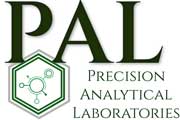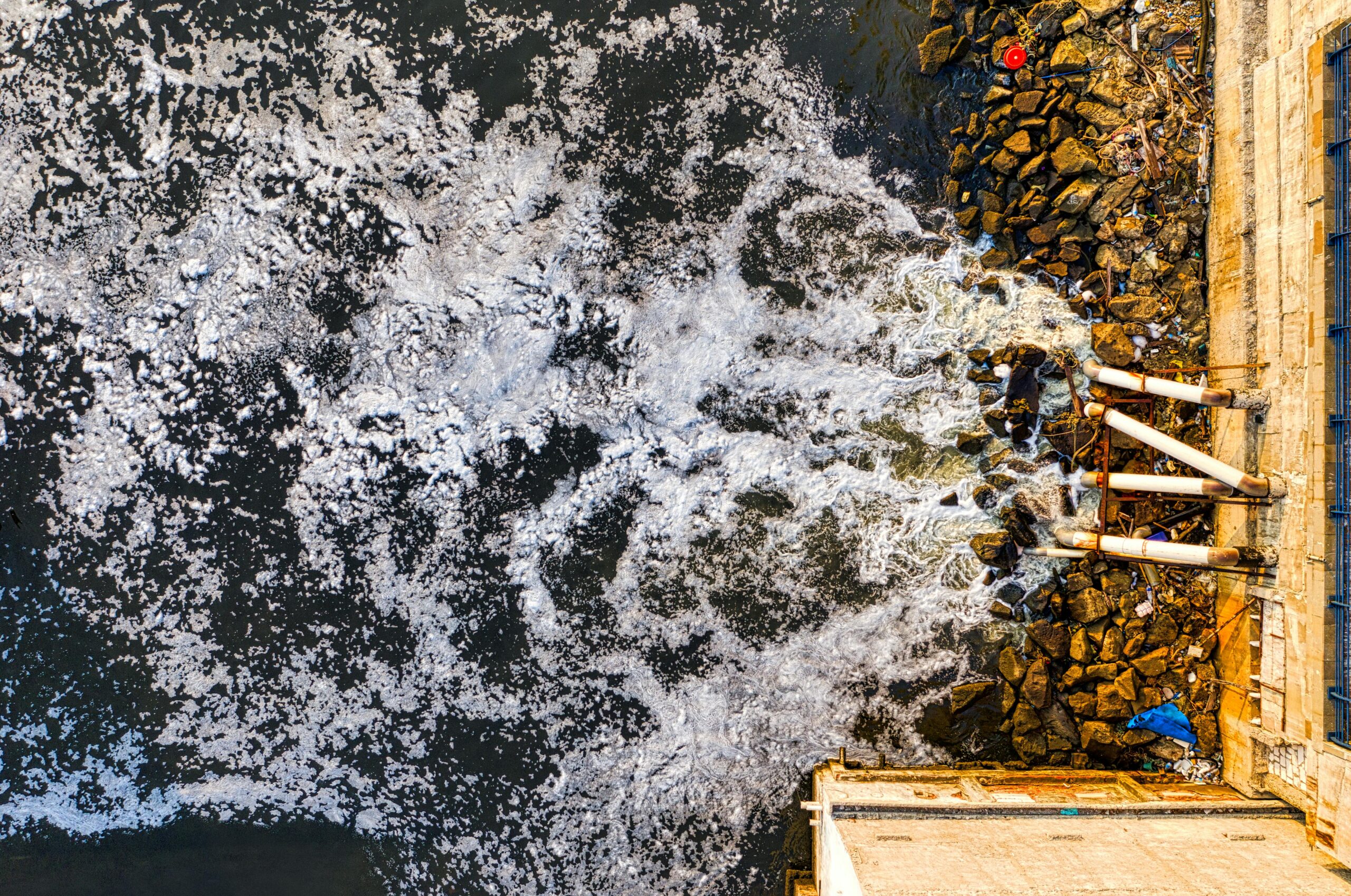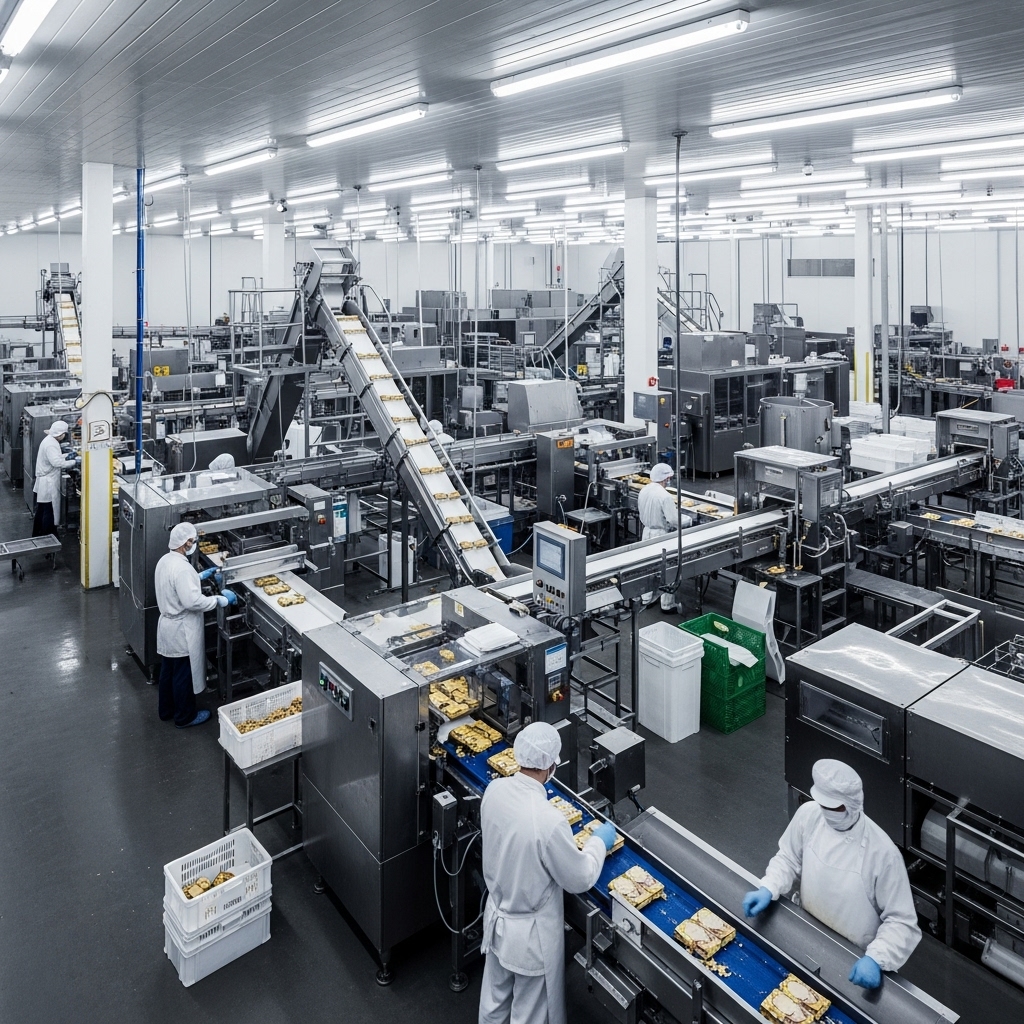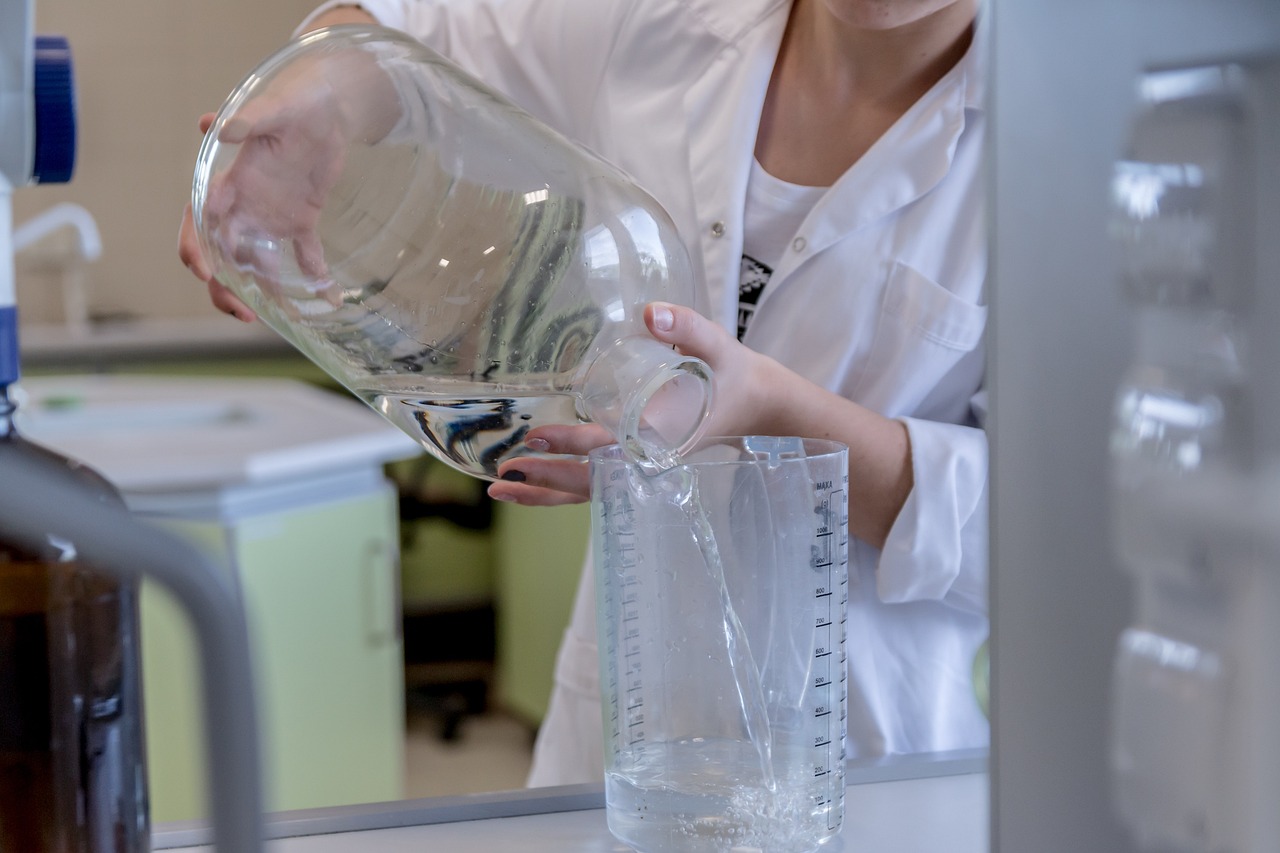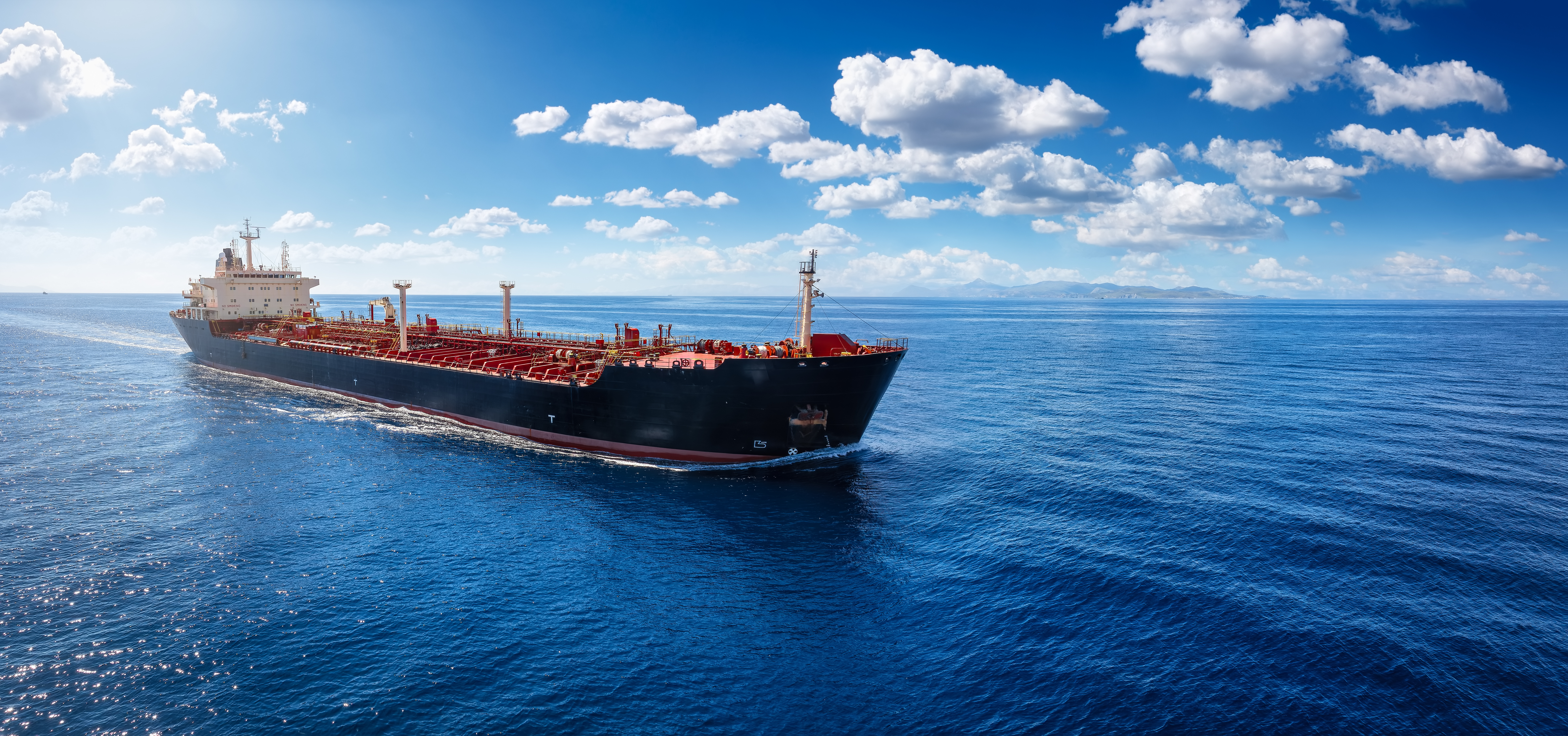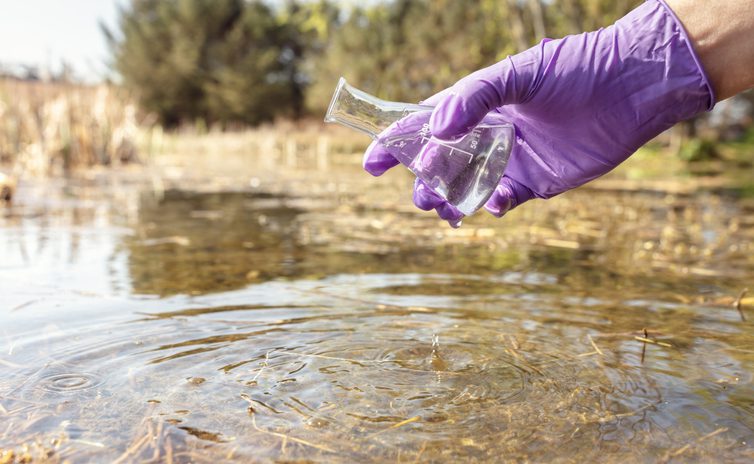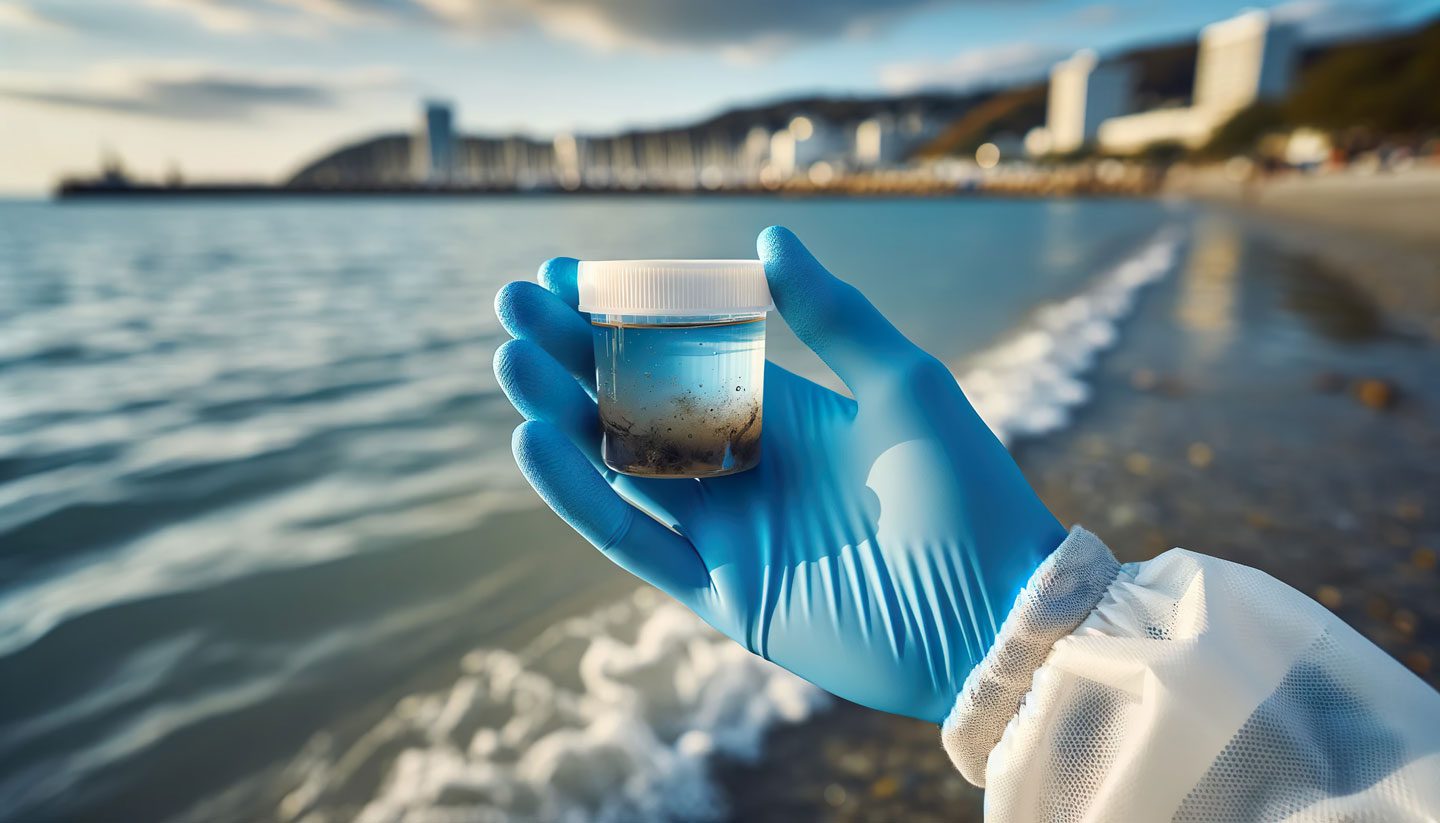Oceans, covering over 70% of the Earth’s surface, are the lifeblood of our planet. They regulate the climate, provide food, support biodiversity, and offer countless recreational and economic opportunities. However, our oceans face unprecedented challenges from pollution, climate change, overfishing, and habitat destruction. Among these threats, marine pollution remains a critical concern, with wastewater discharge being a significant contributor. This is where marine wastewater testing plays a pivotal role in protecting ocean ecosystems and ensuring sustainable use of marine resources.
Understanding Marine Wastewater Testing
Marine wastewater testing involves analyzing the composition and quality of wastewater discharged into marine environments. This process assesses various pollutants, including chemicals, heavy metals, nutrients, pathogens, and microplastics. By identifying these contaminants, marine wastewater testing helps mitigate the harmful effects of wastewater on marine life and human health.
The Scale of Marine Wastewater Pollution
Each year, billions of gallons of wastewater are released into oceans, rivers, and coastal waters. Sources include:
Municipal Sewage: Urban wastewater from households and industries often contains high levels of organic waste, nutrients, and pathogens.
Industrial Discharges: Factories and manufacturing units release effluents laden with chemicals, heavy metals, and other toxic substances.
Agricultural Runoff: Fertilizers, pesticides, and animal waste from farmlands often wash into water bodies, eventually reaching the ocean.
Maritime Activities: Shipping, oil drilling, and fishing activities contribute to marine pollution through accidental spills, bilge water discharge, and littering.
Unchecked wastewater discharge can devastate marine ecosystems, causing issues like algal blooms, coral bleaching, habitat destruction, and biodiversity loss.
The Importance of Marine Wastewater Testing
Preserving Marine Biodiversity
Oceans are home to a vast array of species, from microscopic plankton to the largest whales. Pollutants in wastewater can disrupt this delicate balance. For instance, excessive nutrients from untreated wastewater can lead to eutrophication, causing oxygen depletion and creating dead zones where marine life cannot survive. Marine wastewater testing helps detect and control these pollutants, ensuring the health of marine ecosystems.
Protecting Human Health
Many communities depend on the ocean for food, water, and livelihood. Contaminated seafood or polluted coastal waters can lead to serious health risks, including gastrointestinal illnesses, skin infections, and neurological disorders. Regular marine wastewater testing ensures that contaminants like pathogens, heavy metals, and toxins are kept at safe levels, safeguarding public health.
Ensuring Compliance with Environmental Regulations
Governments and international organizations have established stringent regulations to protect marine environments. Marine wastewater testing helps industries, municipalities, and other entities comply with these standards. For example, the Clean Water Act in the United States and the European Union’s Water Framework Directive mandate strict monitoring and control of wastewater discharges into marine environments.
Supporting Sustainable Fisheries
Fisheries are a vital source of food and income for millions worldwide. Pollution from wastewater can harm fish stocks and their habitats, jeopardizing the future of fisheries. By identifying and addressing sources of pollution through marine wastewater testing, we can ensure the sustainability of these critical resources.
Monitoring Emerging Pollutants
New pollutants, such as pharmaceuticals, personal care products, and microplastics, are increasingly entering marine environments. These contaminants pose unknown risks to marine life and ecosystems. Marine wastewater testing is essential for detecting and studying these emerging threats, enabling proactive measures to mitigate their impact.
Technologies in Marine Wastewater Testing
Marine wastewater testing employs advanced technologies to analyze pollutants and assess water quality. Key methods include:
Spectroscopy and Chromatography: These techniques identify and quantify chemical contaminants, such as pesticides, hydrocarbons, and heavy metals.
Biological Monitoring: Tests involving bioindicators like algae and shellfish help assess the ecological impact of wastewater.
Microbial Analysis: Techniques like polymerase chain reaction (PCR) detect pathogens and microbial contaminants.
Sensors and Remote Monitoring: Real-time sensors and satellite imagery provide continuous monitoring of marine pollution levels.
Nanotechnology: Emerging nanomaterials offer enhanced sensitivity for detecting trace pollutants in marine wastewater.
Challenges in Marine Wastewater Testing
Despite its importance, marine wastewater testing faces several challenges:
Complexity of Marine Environments: Oceans are dynamic and diverse, making it difficult to establish baseline pollution levels.
Cost and Resource Constraints: Advanced testing methods can be expensive and require skilled personnel, limiting their accessibility for some regions.
Lack of Standardization: Different countries and regions follow varied protocols, complicating global efforts to address marine pollution.
Emerging Contaminants: The continuous introduction of new chemicals and materials poses challenges for testing and regulation.
Solutions and Future Directions
To overcome these challenges and enhance the effectiveness of marine wastewater testing, we must:
Invest in Research and Innovation: Developing cost-effective and user-friendly technologies can expand access to marine wastewater testing worldwide.
Strengthen International Collaboration: Global cooperation is essential to address transboundary marine pollution and establish standardized testing protocols.
Enhance Public Awareness: Educating communities about the impact of wastewater pollution and the importance of marine wastewater testing can foster collective action.
Promote Sustainable Practices: Encouraging industries, municipalities, and individuals to adopt eco-friendly practices can reduce the volume and toxicity of wastewater discharged into oceans.
Our oceans are a vital resource that must be protected for current and future generations. Marine wastewater testing is a cornerstone of these conservation efforts, providing critical insights into the health of marine environments and guiding effective pollution control measures. By investing in advanced testing technologies, fostering international cooperation, and promoting sustainable practices, we can safeguard the oceans’ beauty and biodiversity. Protecting our oceans is not just an environmental necessity; it is a moral imperative that ensures the health and prosperity of our planet and all its inhabitants.
Precision Analytical Labs is a leading provider of comprehensive environmental testing services, specializing in wastewater testing, soil analysis, and air quality monitoring. With state-of-the-art facilities and a team of experienced professionals, we deliver accurate and reliable results to help businesses and industries comply with regulatory standards and protect the environment. Our commitment to quality and customer satisfaction sets us apart, making us the trusted partner for all environmental testing needs.
